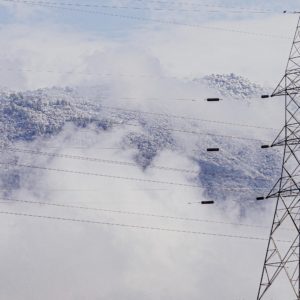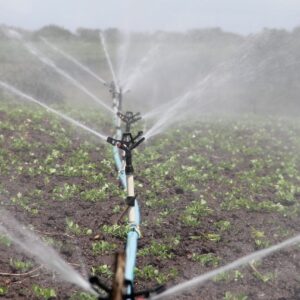Reducing wasteful and redundant government spending and modernizing regulations will lower borrowing costs for companies and make clean energy more competitive.
Economic and Environmental Lessons from the United States
Later this month, world leaders will gather at the annual United Nations Climate Change Conference or COP28. As with most economic policy questions, this topic is being driven forward by the United States.
Failed Utility Takeover Measure Ignores Maine’s Energy Crunch Root Causes
Maine’s residential electricity rates are already 59% higher than the national average. They will only rise more if Maine cannot build pipelines, transmission lines, and power stations.
Economic and Environmental Lessons from Switzerland
The way to unlock the power of society and the private sector is by giving people the freedom to innovate.
Climate and Energy Issues are an Opportunity for Candidates to Make the Case for Freedom – Our New Briefing Book Shows Them How
The faster candidates pivot to making the case for economic freedom, and avoid lower priority fights, the better.
Voluntary Markets, Increased Verification Offer a Better Pathway for Brazil’s Carbon Market
Voluntary carbon markets can accomplish the economic and environmental goals that policymakers and consumers want at a more competitive price.
This Farm In Kenya Will Host the World’s First Ever Green Hydrogen-to-Fertilizer Plant
Talus offers a sustainable, low-cost ammonia alternative that will save farmers money and help the agricultural industry reduce its emissions.
The Endangered Species Act: 50 Years Old and in Need of Reform
The regulatory status quo is not truly recovering endangered species—it’s time to try something new.
House Energy and Commerce Moves to Unleash Nuclear Power
A more competitive nuclear industry would be good for energy security and the climate.
Could Micro-Pumped Hydropower Help Farmers?
Micro-pumped hydropower systems could provide additional clean energy and energy storage for America's farmers









